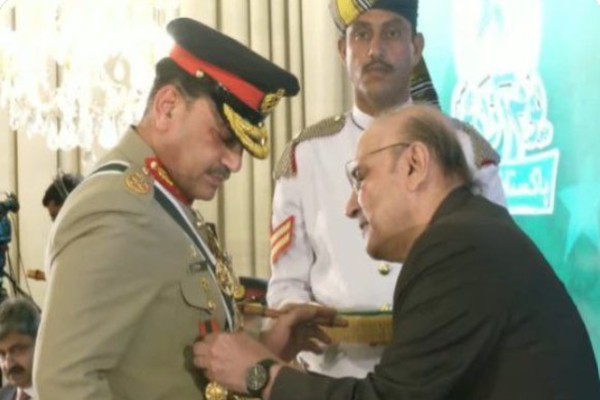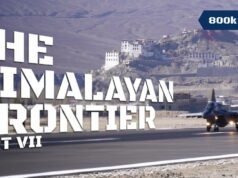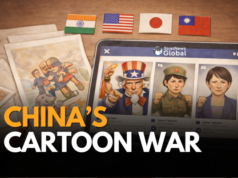
Much has been said and written about how a cabal of rich and influential elites have “captured” Pakistan and with the help of the army, ensured nothing changes politically or economically.
The influential Dawn has carried an analysis by former ambassador Maleeha Lodhi, who some would say, belongs to the same elite circle given her upper middle class origins, foreign education including teaching at the London School of Economics and successive tenures as Pakistan’s ambassador to the UK and the US.
But Lodhi is unsparing in her analysis of “elite capture”, noting that “a few hundred families have dominated virtually all of Pakistan’s legislatures including the present ones, maintaining their grip on power through generations.”
Party and electoral politics is dominated by wealthy families, she writes, by clans and networks of regional and ‘local’ influentials, who co-opt even those from non-elite backgrounds into their culture.
Even though Pakistan has changed in terms of greater urbanisation, and therefore shift in the political gravity from the rural areas to the city, growth of the middle class and the emergence of a more connected and informed citizenry, politics has not changed.
The power elite has resisted reform, whether of the land, tax or governance and uses its control of public office to transfer wealth and acquire unearned income. It has left the country with daunting problems of state solvency, security, energy and water shortages.
While elites do dominate in other countries, in Pakistan what is distinctive is the intersection and symbiotic relationship between the political and military elites.
“The military whose background is increasingly middle or lower middle class, often counter poses itself as a meritocratic institution that offers social mobility and functions on the basis of professionalism.”
But as Lodhi underscores, “the alliances it forges are with the very political elites it sees as self-serving, venal and inept. The status quo of interests … bind them together .. both use patron client relationships to reinforce their ascendancy and protect their privileged position.”
She quotes the UNDP’s Human Development Report of 2021, which says that elite groups including the political class, corporate sector, feudal lords and the military have cornered $17.4 billion or 6% of GDP. The richest 20% own 50% of the national income while the landed elite that make up 1.1% of the population control 22% of cultivable farmland.
Research by the Pakistan Institute of Development Economics shows that elite capture has widened inequalities, constrained economic growth, curbed the development of human capital, impeded social mobility and so on.
“Poor governance is inescapable,” Lodhi writes, “when policy decisions are made to further the interests of the elite rather than the public.”
The oligarchy of economic interests perpetuates political instability as that helps curb the competition. Amply clear from all this is that unless public welfare becomes central to the enterprise of governance, Pakistan cannot achieve its full potential. This choice more than anything else, Lodhi concludes, will determine the country’s fate and fortune.
Thirty eight years in journalism, widely travelled, history buff with a preference for Old Monk Rum. Current interest/focus spans China, Technology and Trade. Recent reads: Steven Colls Directorate S and Alexander Frater's Chasing the Monsoon. Netflix/Prime video junkie. Loves animal videos on Facebook. Reluctant tweeter.




